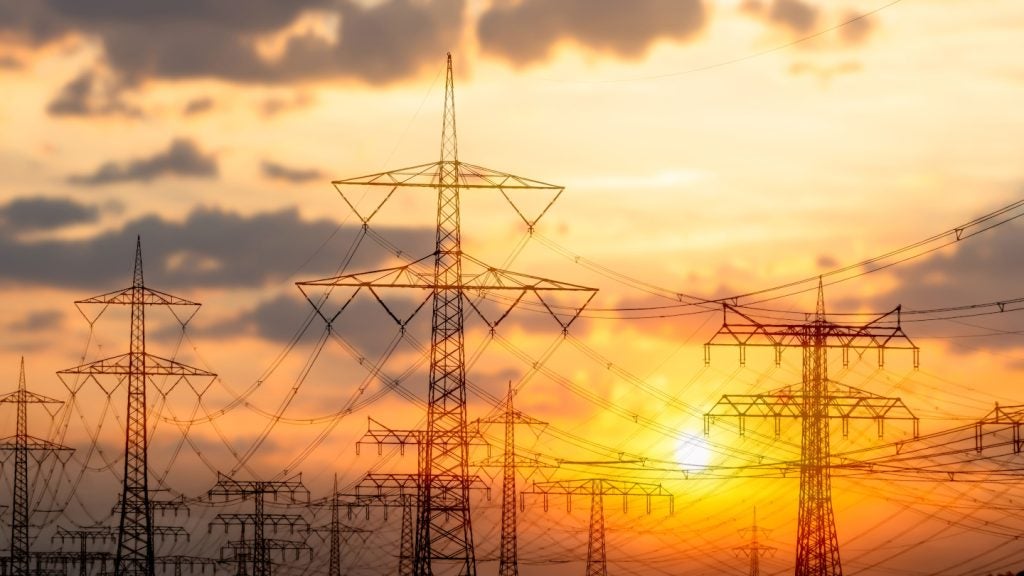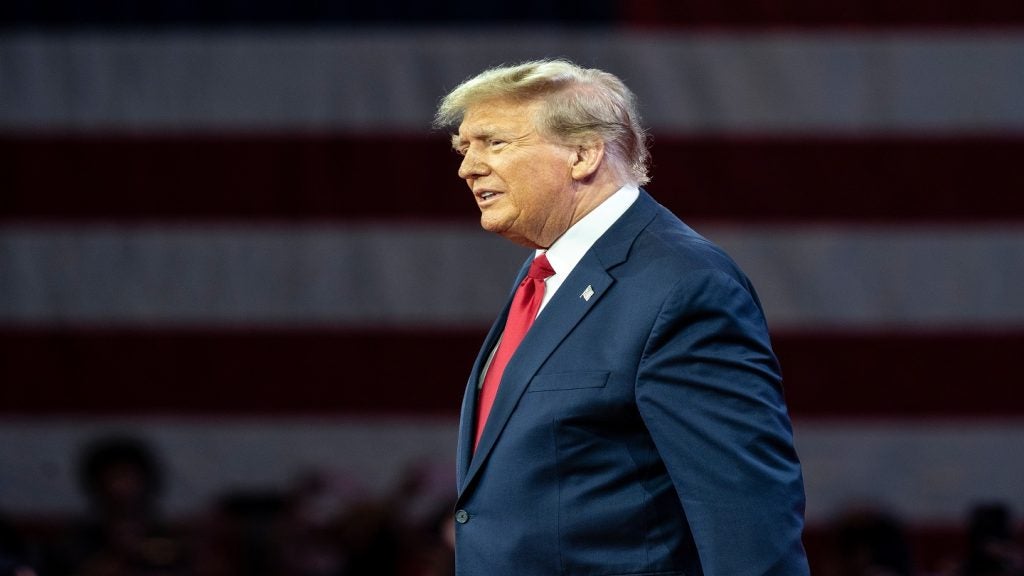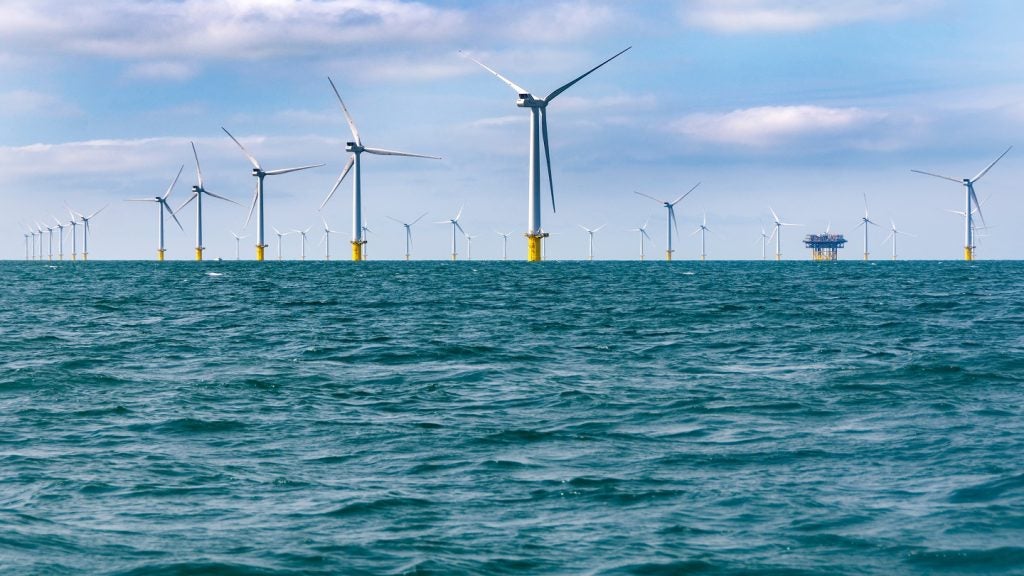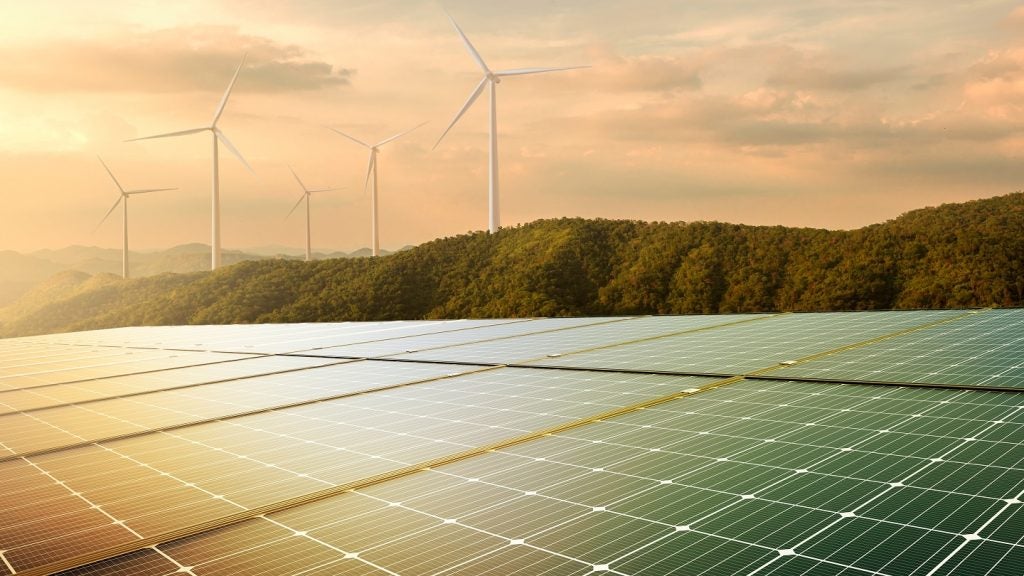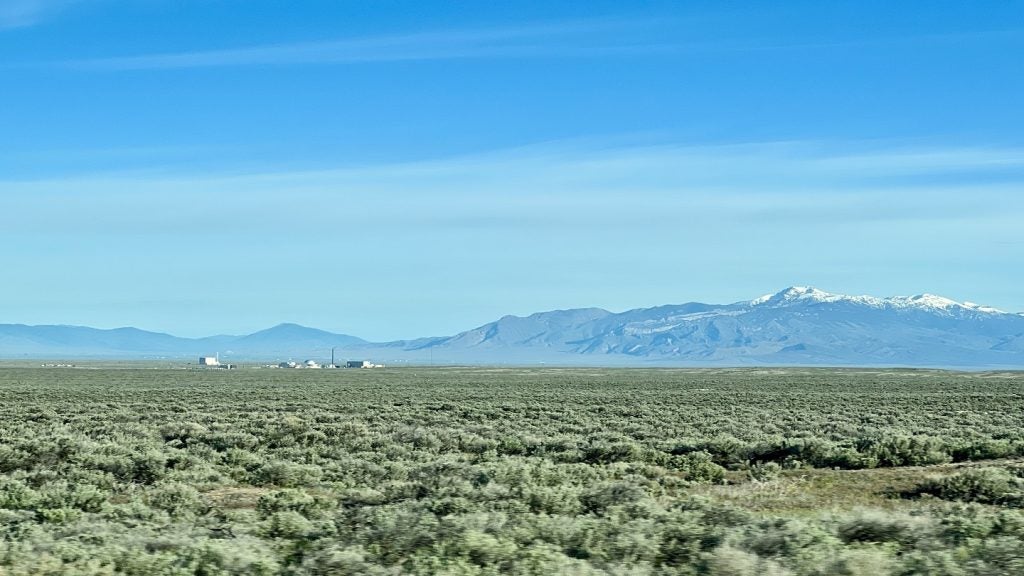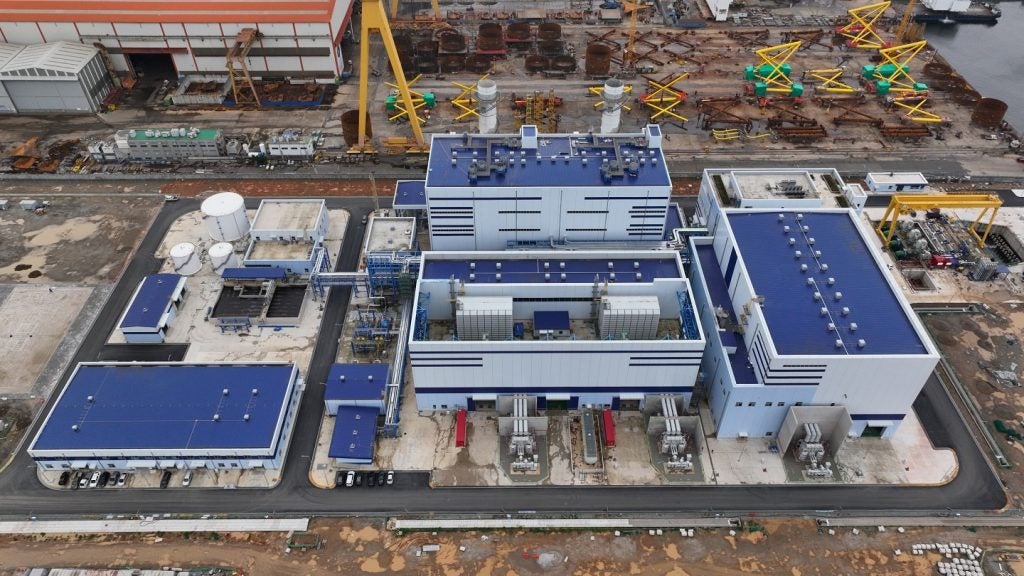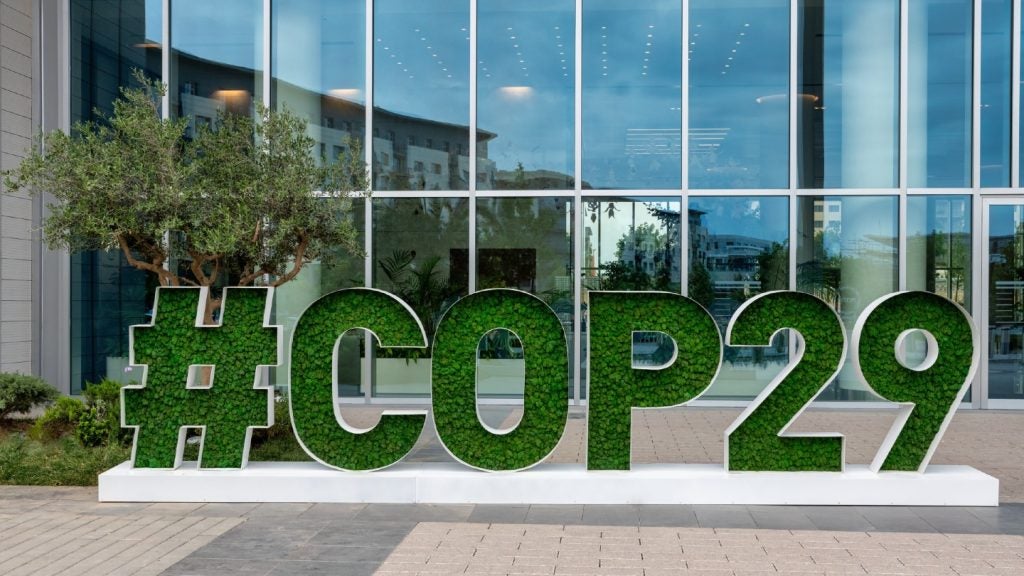Nigeria's Lagos State Government has called for bids from investors, independent power producers, and energy solution companies to develop up to 4GW gas-fired power plants to mitigate the long-standing issue of outages, reported Reuters.
The blackouts have affected both businesses and households. The city requires more than 6GW of electricity but currently receives up to 2GW from the national grid.
The state government has designated four hubs for power station construction under its Clean Lagos Electricity Market plan to address this deficit.
Lagos Ministry of Energy and Mineral Resources said: "The minimum expected generating capacity for each of the four hubs will be 500MW, which one or more generating power firms shall generate."
Companies selected through the bidding process will be expected to secure their funding, based on a power purchase agreement with the state.
This move follows President Bola's decision last year, which permitted state governments to generate and distribute their power, a shift from the previous federal exclusivity.
Approximately 40% of people in Nigeria lack access to electricity, a critical barrier to investment in the country, according to the World Bank.
Historically, low electricity tariffs have hindered investment from independent power producers. However, the government has begun phasing out electricity subsidies.
Despite having the infrastructure to generate 13GW, Nigeria's ageing grid can only distribute one-third, leading many to rely on expensive fuel generators.
In May, the Lagos state government planned to establish five additional power hubs, supplementing six solar proof-of-concept (POC) sites, offering residents cleaner energy alternatives.
The government also disclosed plans to develop 1GW of grid-scale solar energy under its Clean Lagos Electricity Market plan and the consideration of more than ten sites for the project, including the Egbin terminal plant site, Ikorodu, Badagry, Agbara, Ogudu and others.


